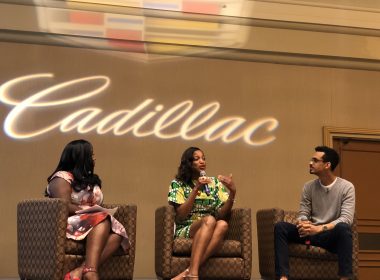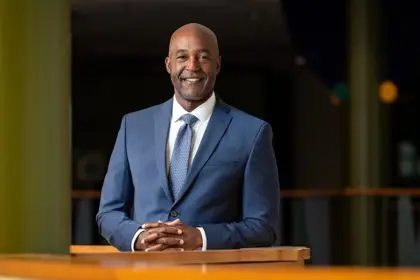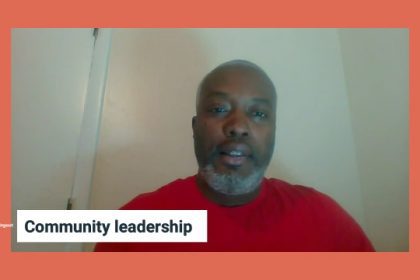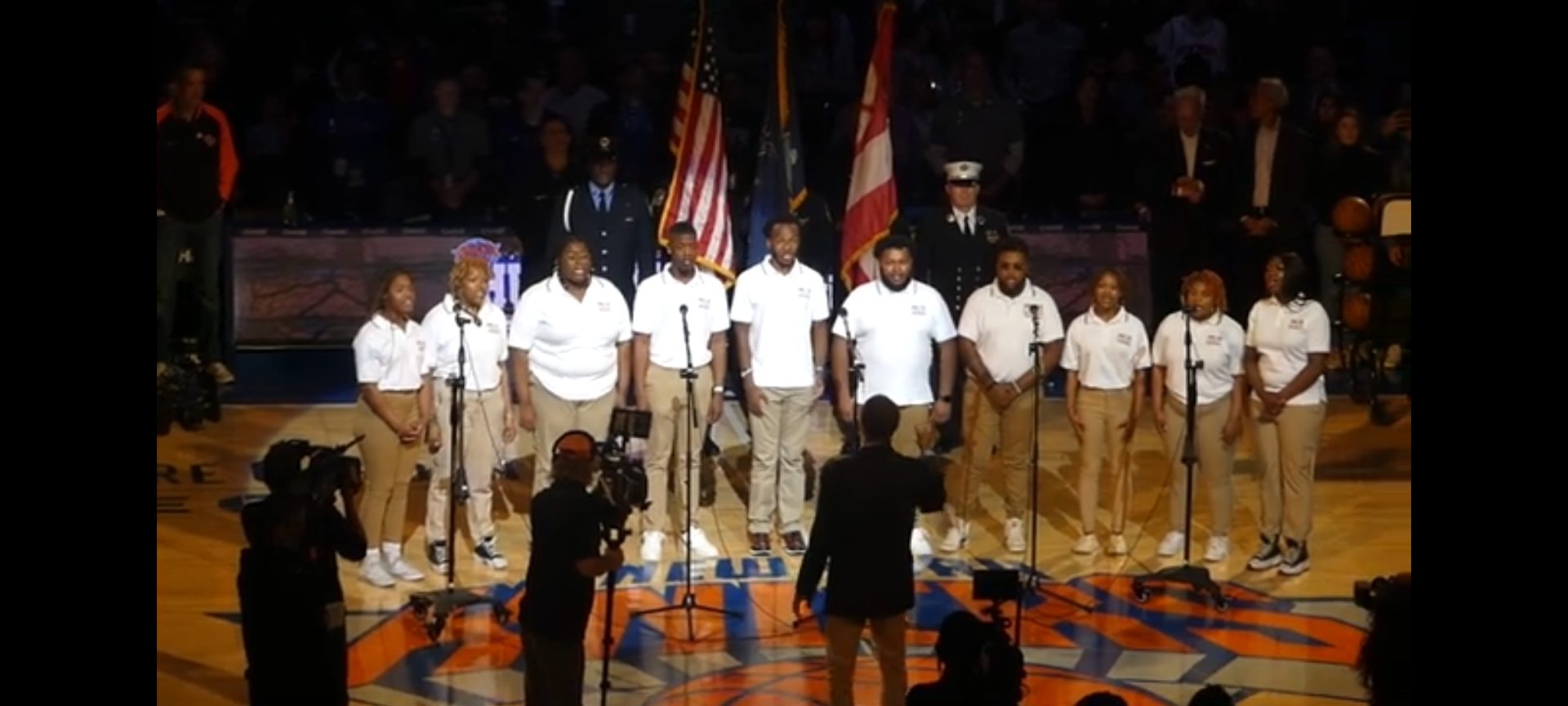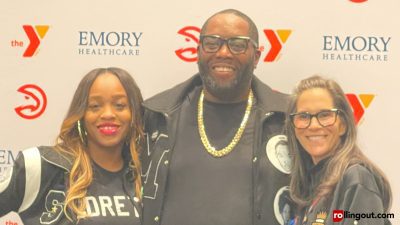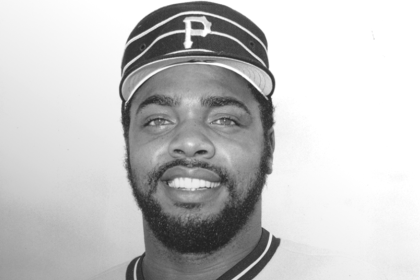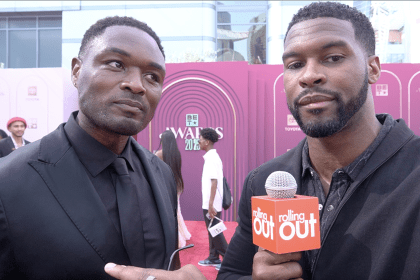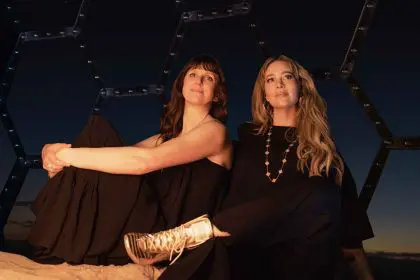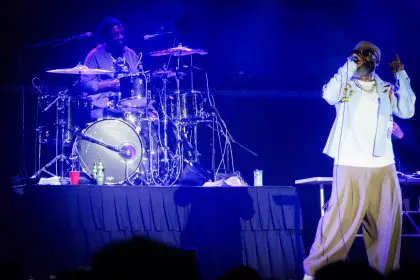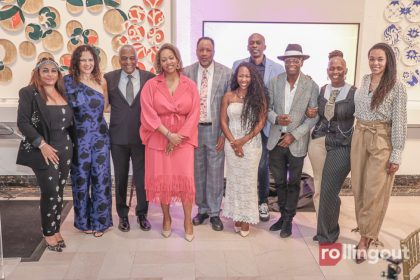This past weekend in Atlanta, the Sickle Cell Community Consortium hosted its 9th Annual Leadership Summit and General Assembly — nothing short of inspiring. Founded by Dr. Lakiea Bailey, the Consortium continues to drive the fight for visibility, resources, and hope for the sickle cell community.
Dr. Bailey shared powerful reflections on balancing her health while leading a major national organization. In the early years, she confessed, attending conferences without eating wasn’t unusual for her. But through faith, a strong team, and learning to “take off the cape,” she’s built a sustainable leadership model rooted in community, collaboration, and prayer. She celebrated the Consortium’s major milestones: nearly a decade of impact, the growth of children’s programming, and how they’ve created a home for creatives, amplifying sickle cell advocacy across social media, TV, and beyond.
One of the summit’s key messages was the critical need for participation in clinical trials. Dr. Bailey emphasized that data is essential for advancing sickle cell treatments while acknowledging the understandable distrust minority communities often feel. She also tackled another major misconception: that sickle cell is only a “Black disease,“ explaining its global ties and high numbers, especially in Nigeria and India. With new international partnerships and 25 organizations joining from abroad, the Consortium is expanding its reach and pushing global awareness to new heights. This global impact makes us all part of a larger movement for sickle cell awareness and treatment.
Throughout the weekend, attendees enjoyed the Consortium’s signature events. The Leadership Summit is a mandated meeting for all partners, with travel and registration covered to ensure every voice is heard. Then there’s Warrior Con, the annual “family reunion“ for patients, caregivers, advocates, and allies. Orlando will host Warrior Con this year, with Los Angeles next in 2026. Notable tracks for men, caregivers, children, and young leaders make the event inclusive and energetic, with Homecoming Night being one of the most talked-about highlights. This inclusivity ensures that everyone in the sickle cell community feels valued and included.
Listening to the community’s needs, the Sickle Cell Consortium also created the Caregiver Summit, offering a vital space for those supporting warriors behind the scenes. Research shows caregivers face higher rates of PTSD, and this event provides critical resources, education, and healing.
But the work doesn’t stop there. Over the years, the Consortium has achieved massive outcomes, from launching mental health programs and emergency funds to shaping school policies and supporting curative therapies. They even host camps teaching young warriors how to advocate for themselves, preparing the next generation to lead confidently. These achievements are a testament to the power of the sickle cell community and should fill us all with pride and inspiration.
Every year, the Sickle Cell Expo wraps up, showcasing creators within the community, from authors to jewelry makers to creative ideas. This event reminds everyone that the sickle cell community is, as Dr. Bailey puts it, “all things, all people.“
In a world that often overlooks rare diseases, the Sickle Cell Consortium continues to prove what’s possible when a community moves together with purpose, power, and intention.


